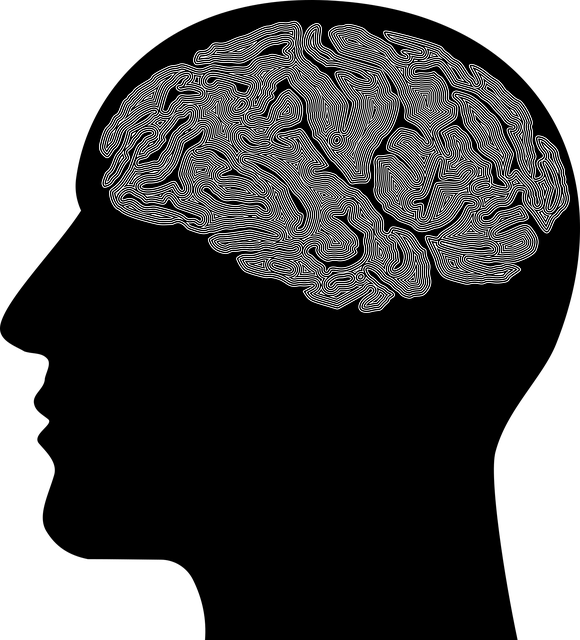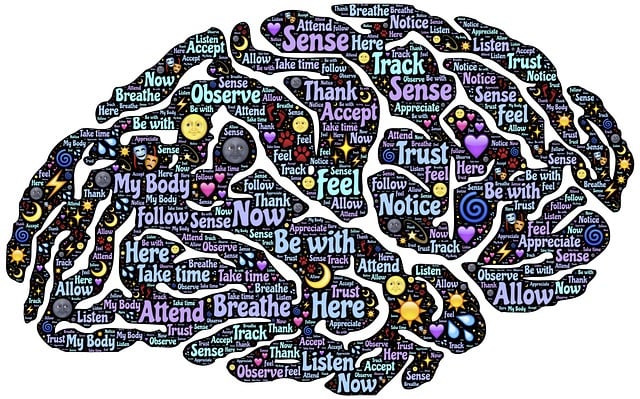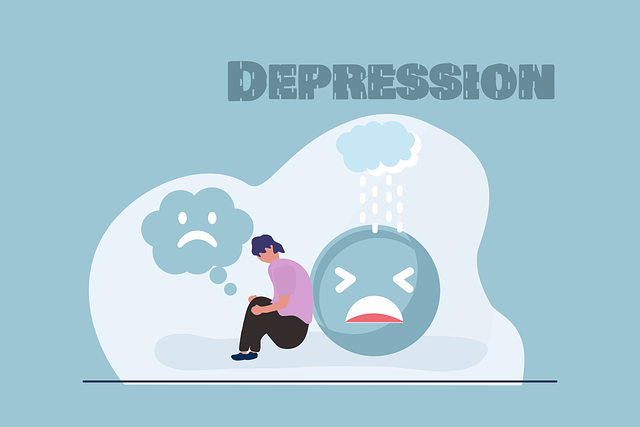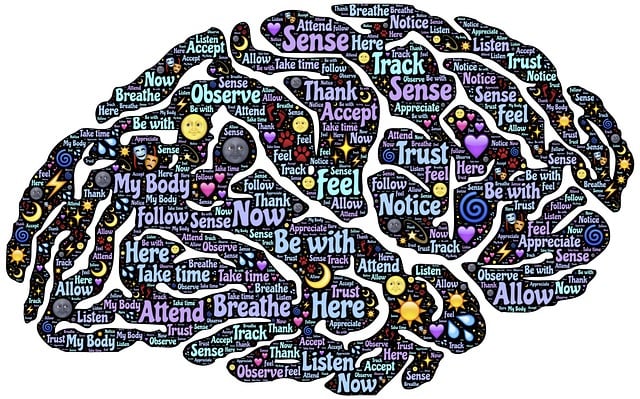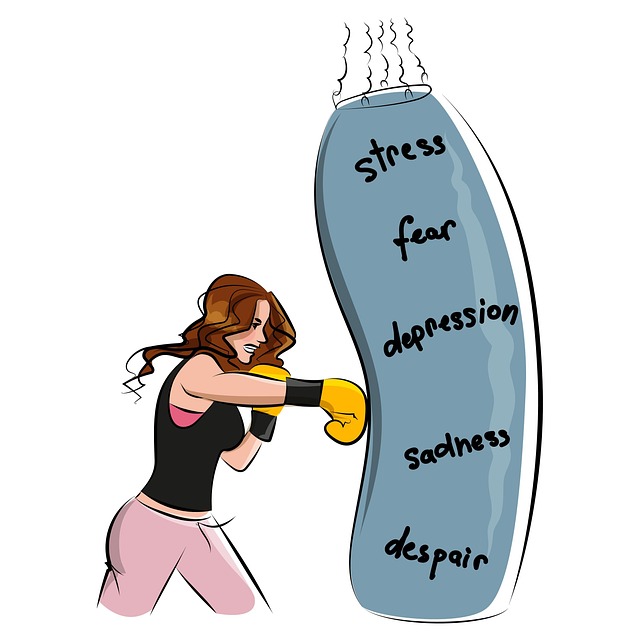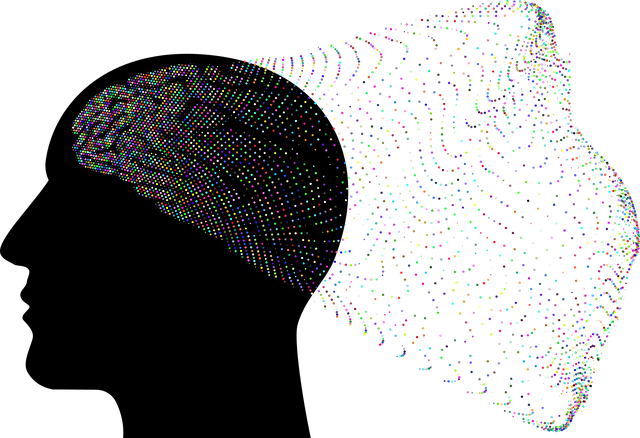Colorado Springs Young Adults Therapy leverages diverse assessment tools like BDI, GAD-7, and SDQ to track progress and tailor interventions for anxiety relief and burnout prevention. Quantitative methods, including surveys and statistical analyses, provide objective program impact assessments while ensuring culturally sensitive practices. Qualitative approaches through interviews and focus groups capture clients' experiences and perspectives, refining crisis intervention strategies. Through continuous improvement based on client and therapist feedback, Colorado Springs Young Adults Therapy enhances its programs, contributing to broader mental health awareness and community outreach efforts.
In Colorado Springs, mental wellness programs aimed at young adults play a vital role in fostering resilience and well-being. This article explores comprehensive evaluation methods essential for these programs’ success. We delve into diverse assessment tools tailored for Colorado Springs young adults’ therapy, delving into quantitative metrics to measure program effectiveness and qualitative insights into client experiences. Additionally, we emphasize continuous improvement through feedback integration for enhanced program delivery.
- Assessment Tools for Colorado Springs Young Adults Therapy Programs
- Quantitative Evaluation Methods: Measuring Program Effectiveness
- Qualitative Approaches to Understand Client Experiences
- Continuous Improvement: Using Feedback for Program Enhancement
Assessment Tools for Colorado Springs Young Adults Therapy Programs

In Colorado Springs, young adults seeking therapy have a range of assessment tools at their disposal to evaluate the effectiveness of mental wellness programs. These tools are designed to measure various aspects of psychological well-being, including mood, anxiety, and cognitive function. One commonly used method is the Beck Depression Inventory (BDI), which assesses symptoms of depression and has proven valuable in tracking progress over time. Additionally, the Generalized Anxiety Disorder 7-Item Scale (GAD-7) helps identify and quantify levels of anxiety, enabling therapists to tailor interventions for better anxiety relief.
Beyond assessing specific disorders, some programs employ comprehensive models like the Strengths and Difficulties Questionnaire (SDQ) to gauge overall mental health. This tool captures not only problems but also strengths, fostering a more holistic view of well-being. By utilizing these assessment tools, Colorado Springs young adults therapy programs can effectively target areas such as positive thinking and burnout prevention, ultimately enhancing the success of treatment plans.
Quantitative Evaluation Methods: Measuring Program Effectiveness

Quantitative evaluation methods play a pivotal role in measuring the effectiveness of mental wellness programs, especially those catering to young adults like Colorado Springs Young Adults Therapy. These methods involve collecting and analyzing numerical data to gauge program outcomes. Surveys, questionnaires, and statistical assessments are tools that provide concrete insights into participants’ mental health status before, during, and after therapy sessions. By comparing these metrics, professionals can objectively assess the impact of the program, identifying areas of success and aspects that require improvement.
For instance, in the context of Colorado Springs Young Adults Therapy, quantitative evaluations might track changes in symptoms of anxiety or depression over time. The Cultural Sensitivity in Mental Healthcare Practice and Healthcare Provider Cultural Competency Training are integral to ensuring these assessments consider participants’ diverse backgrounds. Compassion Cultivation Practices can enhance therapy outcomes by fostering empathy and understanding between therapists and clients, ultimately contributing to more accurate and beneficial quantitative data.
Qualitative Approaches to Understand Client Experiences

Evaluating mental wellness programs among young adults in Colorado Springs requires a nuanced understanding of their experiences and perspectives. Qualitative approaches, such as interviews and focus groups, offer valuable insights into clients’ journeys and interactions with therapy services. By facilitating open dialogue, these methods allow participants to share personal stories, highlighting the impact of communication strategies employed by therapists.
Through qualitative research, professionals can gain a deeper understanding of the emotional healing processes at play. This approach is particularly beneficial in crisis intervention guidance, where recognizing individual experiences can refine and tailor support mechanisms. By embracing these diverse methodologies, mental health practitioners in Colorado Springs can create more effective programs that resonate with young adults seeking therapy.
Continuous Improvement: Using Feedback for Program Enhancement

At Colorado Springs Young Adults Therapy, continuous improvement is a cornerstone of our mental wellness program evaluation methods. We actively solicit and integrate feedback from both clients and therapists to enhance service delivery. This iterative process involves regular check-ins, post-therapy evaluations, and focus groups that provide valuable insights into the effectiveness of our programs. By analyzing this feedback, we can identify areas for improvement and make data-driven adjustments to better meet the evolving needs of our community.
This approach not only improves individual therapy sessions but also contributes to broader Mental Health Awareness initiatives. Our Community Outreach Program Implementation strategies are informed by these continuous improvements, ensuring that our services remain relevant and impactful. Moreover, effective feedback mechanisms facilitate Risk Management Planning for Mental Health Professionals, creating a safer and more supportive environment for both therapists and clients.
Evaluating mental wellness programs, especially those catering to Colorado Springs young adults, requires a multi-faceted approach. By combining quantitative metrics to gauge program effectiveness and qualitative insights into client experiences, therapists can tailor their services to best support the unique needs of this demographic. Continuous improvement through feedback integration ensures that the Colorado Springs Young Adults Therapy programs remain dynamic and impactful, fostering healthier, more resilient communities.

